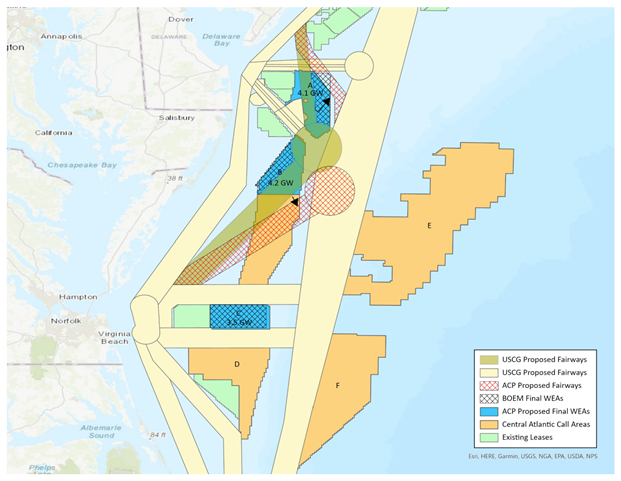RICHMOND, VA — Today, Dominion Energy released its 2024 Integrated Resource Plan, a planning document that contemplates keeping all of the monopoly utility’s 19 fossil fuel generators online and building a half dozen new fossil fuel units. The plan comes on the heels of Hurricane Helene, a 225- to 250-billion-dollar disaster that claimed hundreds of lives and, experts say, was made significantly more destructive by climate change caused by burning fossil fuel. Hurricane Helene caused an estimated 125 million dollars in damages to farmland alone in Southwest Virginia.
Dominion’s plan envisions increasing customer bills by 75% to 157% over the next 15 years to meet demand driven by data centers, including by investing in exorbitantly expensive new nuclear facilities and gas peaking plants, the two most expensive forms of new generation. Relying on gas is as bad or worse for the climate as coal due to methane leakage throughout the lifecycle of the fuel. The plan also includes a significant investment in clean energy mandated by the Virginia Clean Economy Act.
“Dominion has, once again, put forward a plan to accelerate climate change in the Commonwealth,” said Victoria Higgins, CCAN’s Virginia Director. “Dominion’s plan would significantly increase pollution in Virginia, putting us knowingly in the way of natural disasters like Hurricane Helene – and worse. Scientists have been clear that new fossil fuel infrastructure is an existential threat to our people and economy. While we’re glad to see Dominion intends to build a significant amount of clean energy, no plan that also includes new, polluting fossil fuel infrastructure is a serious proposal in the face of these horrific impacts to human lives and our economy. Regulators and lawmakers must reign in Dominion’s reckless plans, and ensure data centers are coming to the table to plan for a clean energy future that is affordable for all Virginians.”
Not included in Dominion’s plan is any nod to the Regional Greenhouse Gas Initiative, a carbon cap-and-invest program required by Virginia law from which Governor Glenn Youngkin is currently attempting to remove the state. By pulling Dominion and other monopoly utilities out of the Regional Greenhouse Gas Initiative, Governor Youngkin deprives Virginia of hundreds of millions of dollars each year for proactive flood preparedness to prevent the worst impacts of natural disasters, as well as funding for home weatherization for low-income families – many of whom live in the vulnerable Southwest region.
The vast majority of the accelerating electricity-load growth in Dominion territory is tied to data centers, which increasingly house artificial intelligence operations. Under current Virginia law and regulatory policy, Virginia residents will pay for the generation and transmission costs associated with new generation infrastructure necessary to serve data centers. The State Corporation Commission is planning a technical conference in December to assess whether to change how to allocate energy costs associated with large energy users.
# # #
Chesapeake Climate Action Network is the first grassroots organization dedicated exclusively to raising awareness about the impacts and solutions associated with global warming in the Chesapeake Bay region. Founded in 2002, CCAN has been at the center of the fight for clean energy and wise climate policy in Maryland, Virginia, and Washington, DC.












